Aliaa Rassem
Cross-Country Skiing Gears Classification using Deep Learning
Jun 27, 2017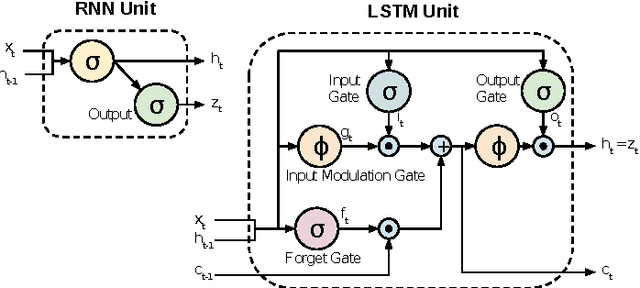
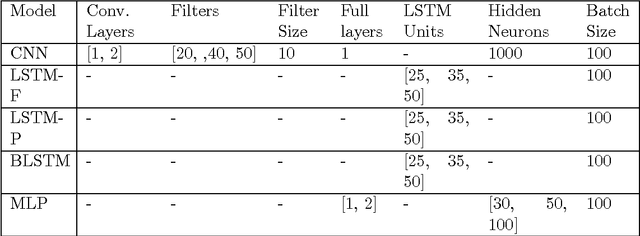
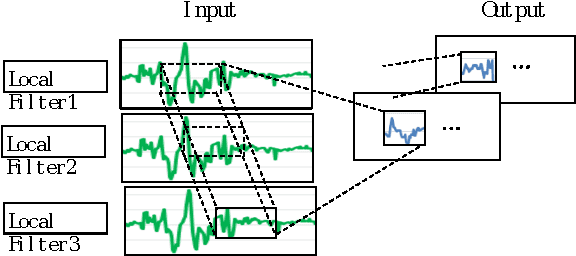
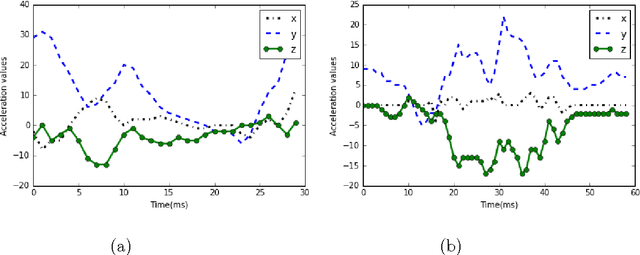
Abstract:Human Activity Recognition has witnessed a significant progress in the last decade. Although a great deal of work in this field goes in recognizing normal human activities, few studies focused on identifying motion in sports. Recognizing human movements in different sports has high impact on understanding the different styles of humans in the play and on improving their performance. As deep learning models proved to have good results in many classification problems, this paper will utilize deep learning to classify cross-country skiing movements, known as gears, collected using a 3D accelerometer. It will also provide a comparison between different deep learning models such as convolutional and recurrent neural networks versus standard multi-layer perceptron. Results show that deep learning is more effective and has the highest classification accuracy.
A Network Intrusions Detection System based on a Quantum Bio Inspired Algorithm
May 03, 2014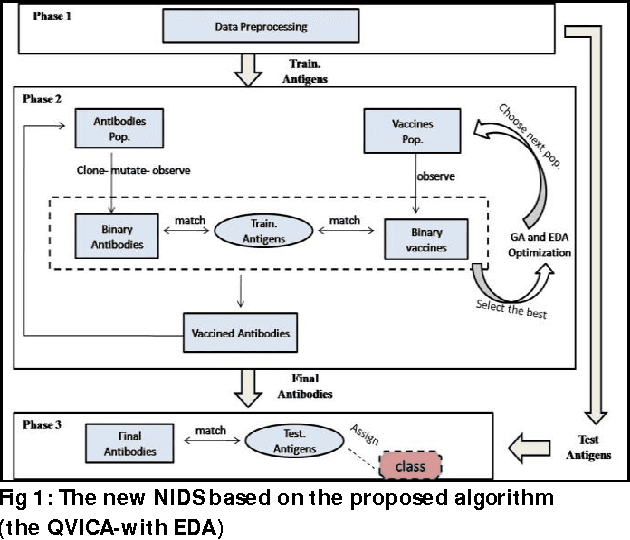
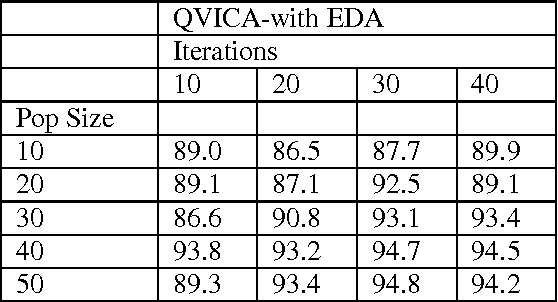
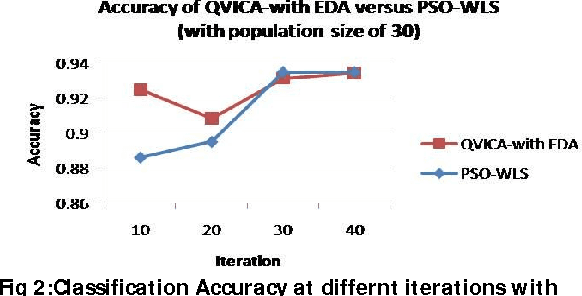
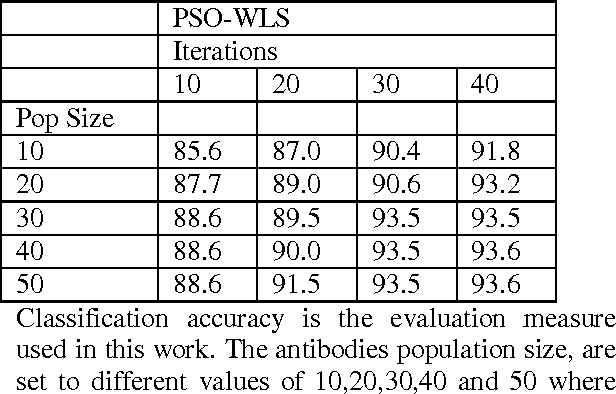
Abstract:Network intrusion detection systems (NIDSs) have a role of identifying malicious activities by monitoring the behavior of networks. Due to the currently high volume of networks trafic in addition to the increased number of attacks and their dynamic properties, NIDSs have the challenge of improving their classification performance. Bio-Inspired Optimization Algorithms (BIOs) are used to automatically extract the the discrimination rules of normal or abnormal behavior to improve the classification accuracy and the detection ability of NIDS. A quantum vaccined immune clonal algorithm with the estimation of distribution algorithm (QVICA-with EDA) is proposed in this paper to build a new NIDS. The proposed algorithm is used as classification algorithm of the new NIDS where it is trained and tested using the KDD data set. Also, the new NIDS is compared with another detection system based on particle swarm optimization (PSO). Results shows the ability of the proposed algorithm of achieving high intrusions classification accuracy where the highest obtained accuracy is 94.8 %.
 Add to Chrome
Add to Chrome Add to Firefox
Add to Firefox Add to Edge
Add to Edge